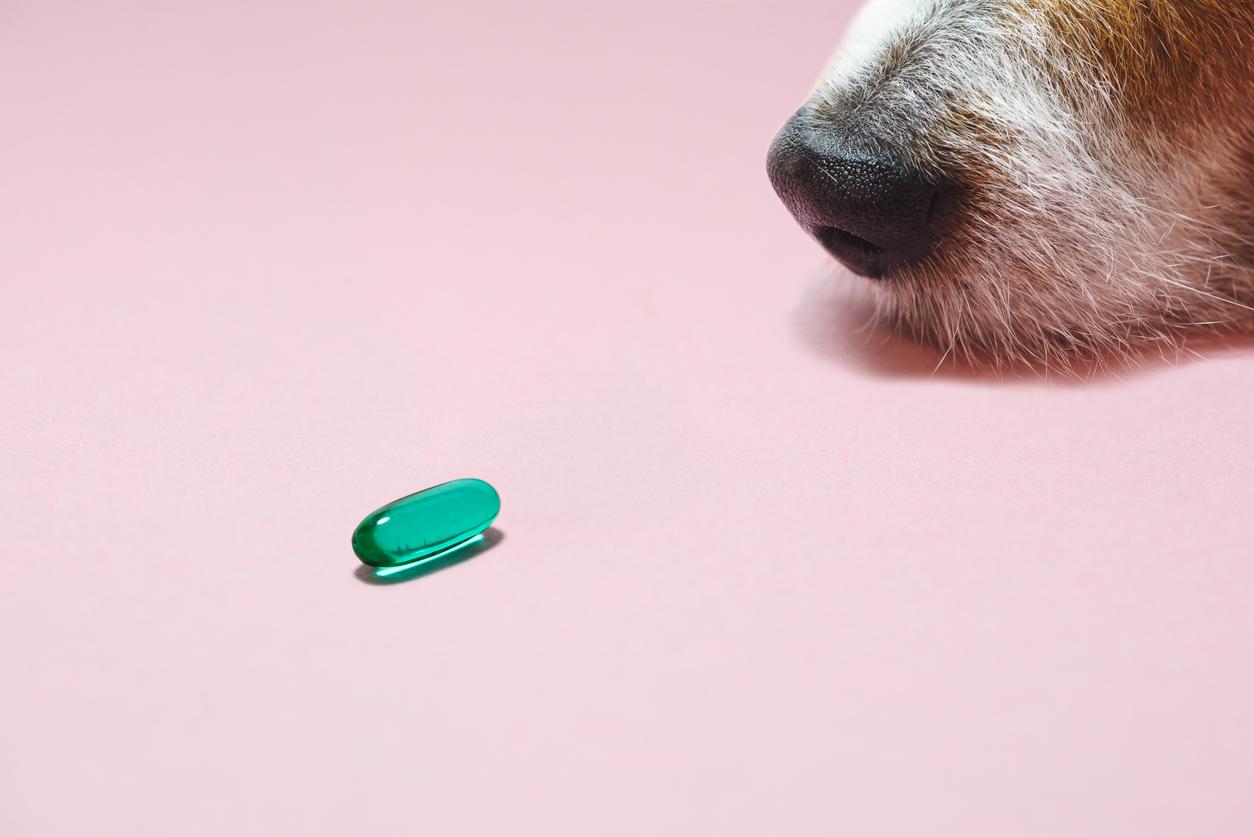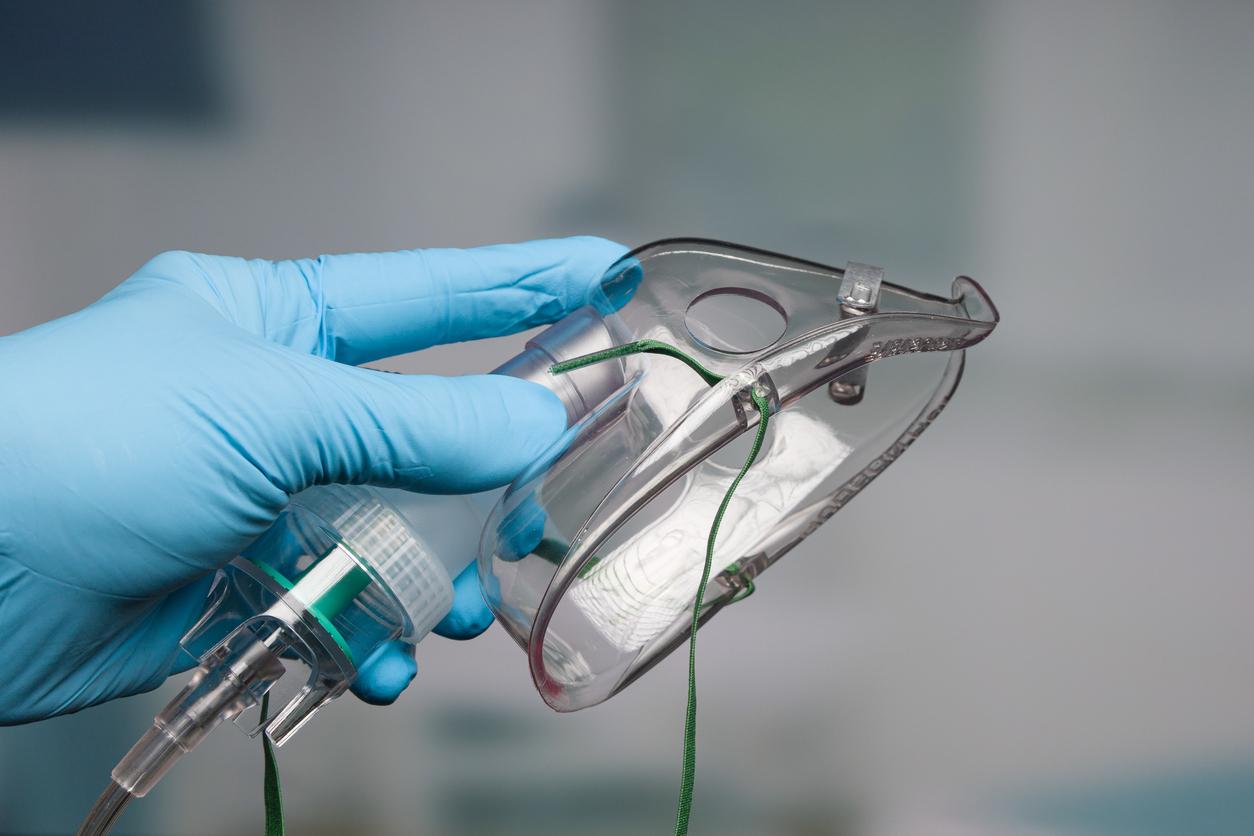American researchers are developing a pill capable of transmitting insulin orally. If it were to be marketed, this drug could allow people with type 1 diabetes to no longer need injections.

This could revolutionize the daily lives of millions of people with type 1 diabetes around the world. US researchers are developing an insulin pill so that they never need to use a needle again to administer this protein that their body no longer secretes naturally, according to a published study in review Pnas Monday 25 June.
Scientists have been trying to develop new systems for delivering insulin to patients differently for a long time. Unfortunately, when swallowed, the protein is not absorbed quickly enough by the digestive system and does not enter the tissues in time. This is why, so that it is not damaged by the acidity of the stomach and poorly absorbed by the intestine, researchers at Harvard University came up with the idea of combining insulin with a ionic liquid composed of choline and geranic acid. All of this is incorporated into a capsule with a biocompatible coating that is resistant to stomach acidity. Thus, the tablet does not dissolve until it arrives in the small intestine.
“Once ingested, insulin must navigate an obstacle course before it can be effectively absorbed into the bloodstream. Our approach is like a Swiss army knife, where the pill has all the tools to respond to each obstacle encountered. “, summarizes Samir Mitragotri, co-author of the study.
The pill soon to be tested on animals other than rats
For the time being, the experiment is a success since the glucose level of the rats tested has decreased. “This study shows remarkable results: insulin administered orally in combination with an ionic liquid works as well as a conventional injection”, comments Mark Prausnitz, researcher in molecular biology at Georgia University of Technology on the sidelines of the study.
However, the formula has yet to be tested in other animals before it can possibly be tested on humans in a clinical trial. But, if it were ever to be marketed, this pill would have an extraordinary impact on the daily life of diabetics.
In fact, currently, people suffering from type 1 diabetes (5 to 10% of diabetes cases) must inject precise amounts of insulin intravenously one to five times a day in order to regulate their blood sugar. Because they hardly produce any due to an autoimmune reaction that partially or completely destroys the beta cells of the pancreas. However, insulin is an essential protein for the use of blood glucose by the body as a source of energy.
Four in ten patients suffer from insulin injection
In France, of the 3.5 million people who suffer from diabetes, 800,000 are now treated with insulin. Or according to the French Federation of Diabetics, four in ten patients say they feel pain during the injections and eight in ten notice bleeding or bruising after being bitten. The process is sometimes so painful that some diabetics prefer to abandon their treatment, which can then lead to hypoglycemia or hypoglycemia.
The former will tend to manifest itself as extreme fatigue and shortness of breath, great thirst, drowsiness, stomach pain and a frequent urge to urinate while the latter will cause a feeling of hunger, anxiety and tremors in the patient. Left untreated, type 1 diabetes can also increase the risk of cardiovascular disease, kidney problems, loss of feeling in the fingers and feet, and vision problems including blindness.
Therefore, the implications of Harvard University research “for medicine could be huge if the results result in a pill that safely and effectively delivers insulin to humans“, enthuses Mark Prausnitz.

.

















